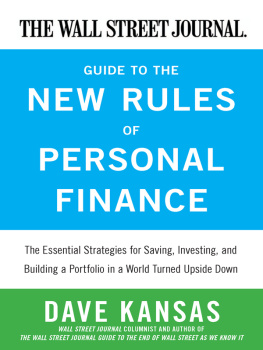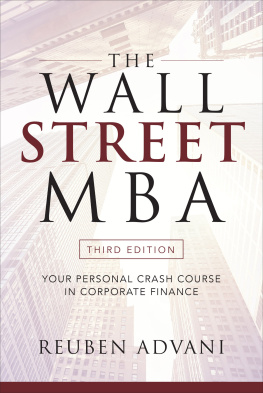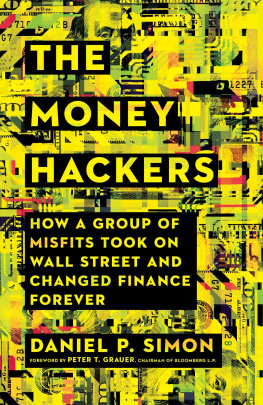Michael Perino - The Hellhound of Wall Street: How Ferdinand Pecoras Investigation of the Great Crash Forever Changed American Finance
Here you can read online Michael Perino - The Hellhound of Wall Street: How Ferdinand Pecoras Investigation of the Great Crash Forever Changed American Finance full text of the book (entire story) in english for free. Download pdf and epub, get meaning, cover and reviews about this ebook. year: 2011, publisher: Penguin Press, genre: Detective and thriller. Description of the work, (preface) as well as reviews are available. Best literature library LitArk.com created for fans of good reading and offers a wide selection of genres:
Romance novel
Science fiction
Adventure
Detective
Science
History
Home and family
Prose
Art
Politics
Computer
Non-fiction
Religion
Business
Children
Humor
Choose a favorite category and find really read worthwhile books. Enjoy immersion in the world of imagination, feel the emotions of the characters or learn something new for yourself, make an fascinating discovery.

- Book:The Hellhound of Wall Street: How Ferdinand Pecoras Investigation of the Great Crash Forever Changed American Finance
- Author:
- Publisher:Penguin Press
- Genre:
- Year:2011
- Rating:4 / 5
- Favourites:Add to favourites
- Your mark:
- 80
- 1
- 2
- 3
- 4
- 5
The Hellhound of Wall Street: How Ferdinand Pecoras Investigation of the Great Crash Forever Changed American Finance: summary, description and annotation
We offer to read an annotation, description, summary or preface (depends on what the author of the book "The Hellhound of Wall Street: How Ferdinand Pecoras Investigation of the Great Crash Forever Changed American Finance" wrote himself). If you haven't found the necessary information about the book — write in the comments, we will try to find it.
Michael Perino: author's other books
Who wrote The Hellhound of Wall Street: How Ferdinand Pecoras Investigation of the Great Crash Forever Changed American Finance? Find out the surname, the name of the author of the book and a list of all author's works by series.
The Hellhound of Wall Street: How Ferdinand Pecoras Investigation of the Great Crash Forever Changed American Finance — read online for free the complete book (whole text) full work
Below is the text of the book, divided by pages. System saving the place of the last page read, allows you to conveniently read the book "The Hellhound of Wall Street: How Ferdinand Pecoras Investigation of the Great Crash Forever Changed American Finance" online for free, without having to search again every time where you left off. Put a bookmark, and you can go to the page where you finished reading at any time.
Font size:
Interval:
Bookmark:
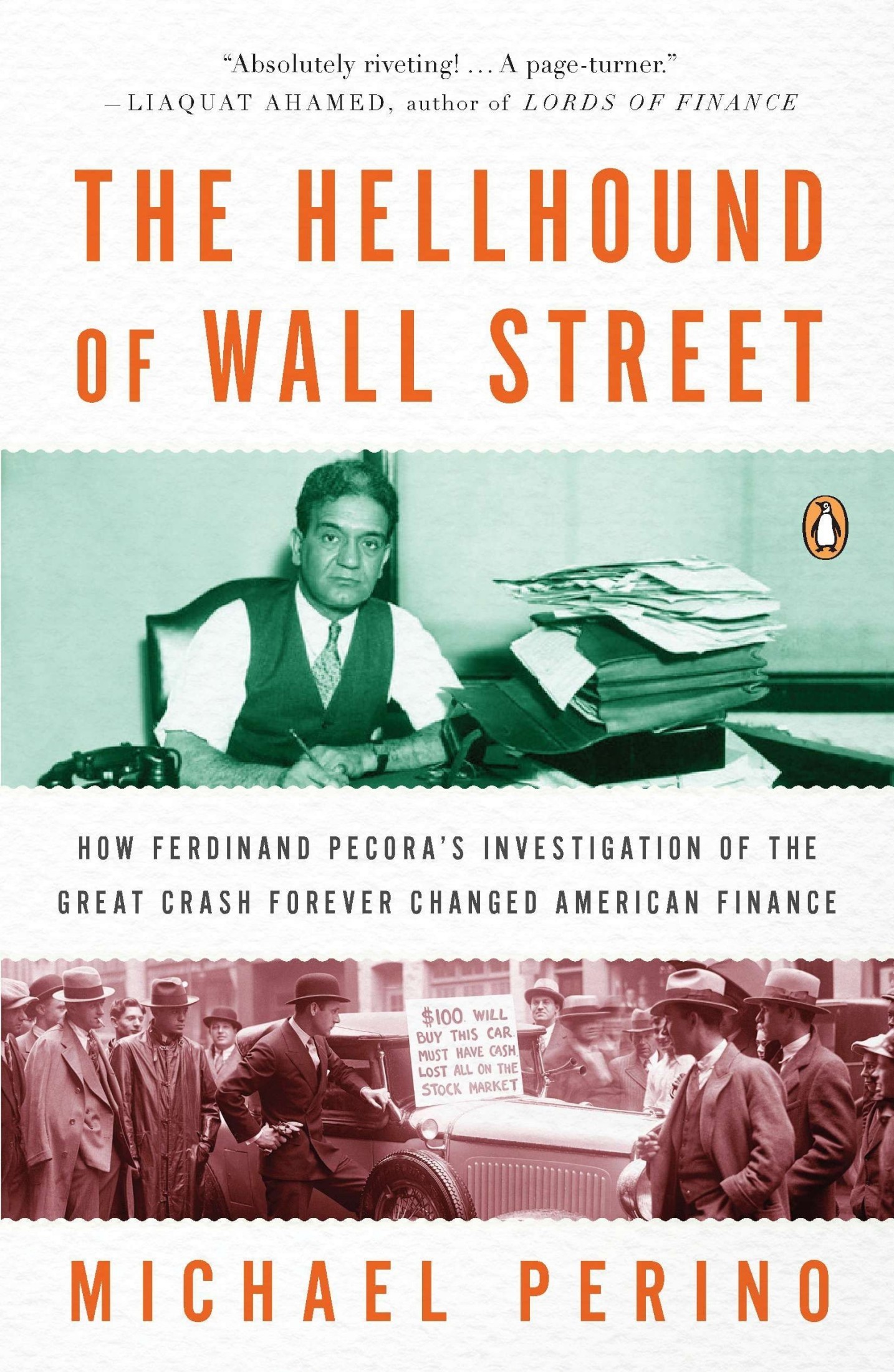
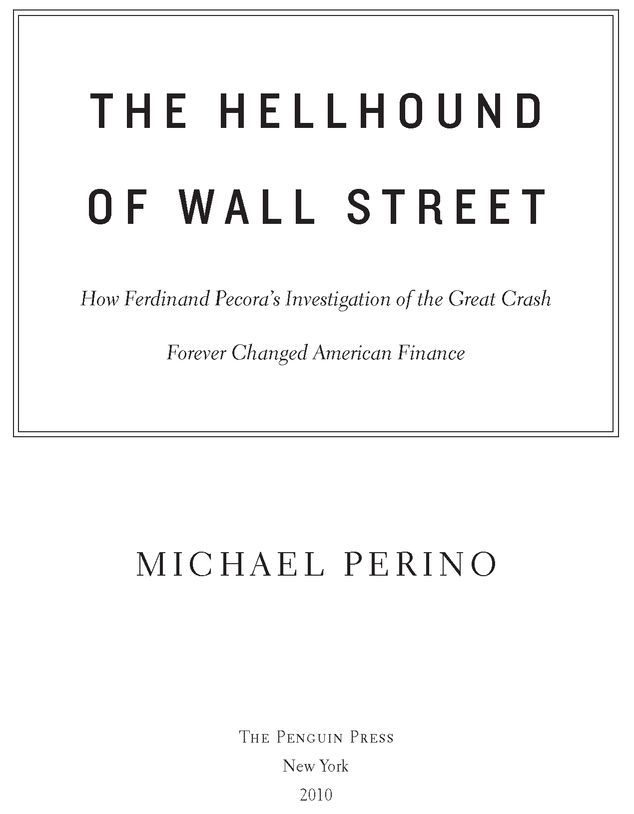
Penguin Group (USA) Inc., 375 Hudson Street, New York, New York 10014, U.S.A. Penguin Group
(Canada), 90 Eglinton Avenue East, Suite 700, Toronto, Ontario, Canada M4P 2Y3 (a division of
Pearson Penguin Canada Inc.) Penguin Books Ltd, 80 Strand, London WC2R 0RL,
England Penguin Ireland, 25 St. Stephens Green, Dublin 2, Ireland (a division of Penguin Books
Ltd) Penguin Books Australia Ltd, 250 Camberwell Road, Camberwell, Victoria 3124, Australia
(a division of Pearson Australia Group Pty Ltd) Penguin Books India Pvt Ltd, 11 Community Centre,
Panchsheel Park, New Delhi - 110 017, India Penguin Group (NZ), 67 Apollo Drive, Rosedale,
North Shore 0632, New Zealand (a division of Pearson New Zealand Ltd) Penguin Books
(South Africa) (Pty) Ltd, 24 Sturdee Avenue, Rosebank, Johannesburg 2196, South Africa
80 Strand, London WC2R 0RL, England
a member of Penguin Group (USA) Inc.
Edward Connery Lathem. Copyright 1969 by Henry Holt and Company.
Copyright 1936 by Robert Frost, copyright 1964 by Lesley Frost Ballantine.
The hellhound of Wall Street : how Ferdinand Pecoras investigation of the Great Crash
forever changed American finance / Michael Perino.
p. cm.
Includes bibliographical references and index.
StatesHistory20th century. 4. Financial crisesUnited StatesHistory20th century. I. Title.
HB37171929 .P47 2010
330.9730916--dc22
2010019157
http://us.penguingroup.com
Font size:
Interval:
Bookmark:
Similar books «The Hellhound of Wall Street: How Ferdinand Pecoras Investigation of the Great Crash Forever Changed American Finance»
Look at similar books to The Hellhound of Wall Street: How Ferdinand Pecoras Investigation of the Great Crash Forever Changed American Finance. We have selected literature similar in name and meaning in the hope of providing readers with more options to find new, interesting, not yet read works.
Discussion, reviews of the book The Hellhound of Wall Street: How Ferdinand Pecoras Investigation of the Great Crash Forever Changed American Finance and just readers' own opinions. Leave your comments, write what you think about the work, its meaning or the main characters. Specify what exactly you liked and what you didn't like, and why you think so.

